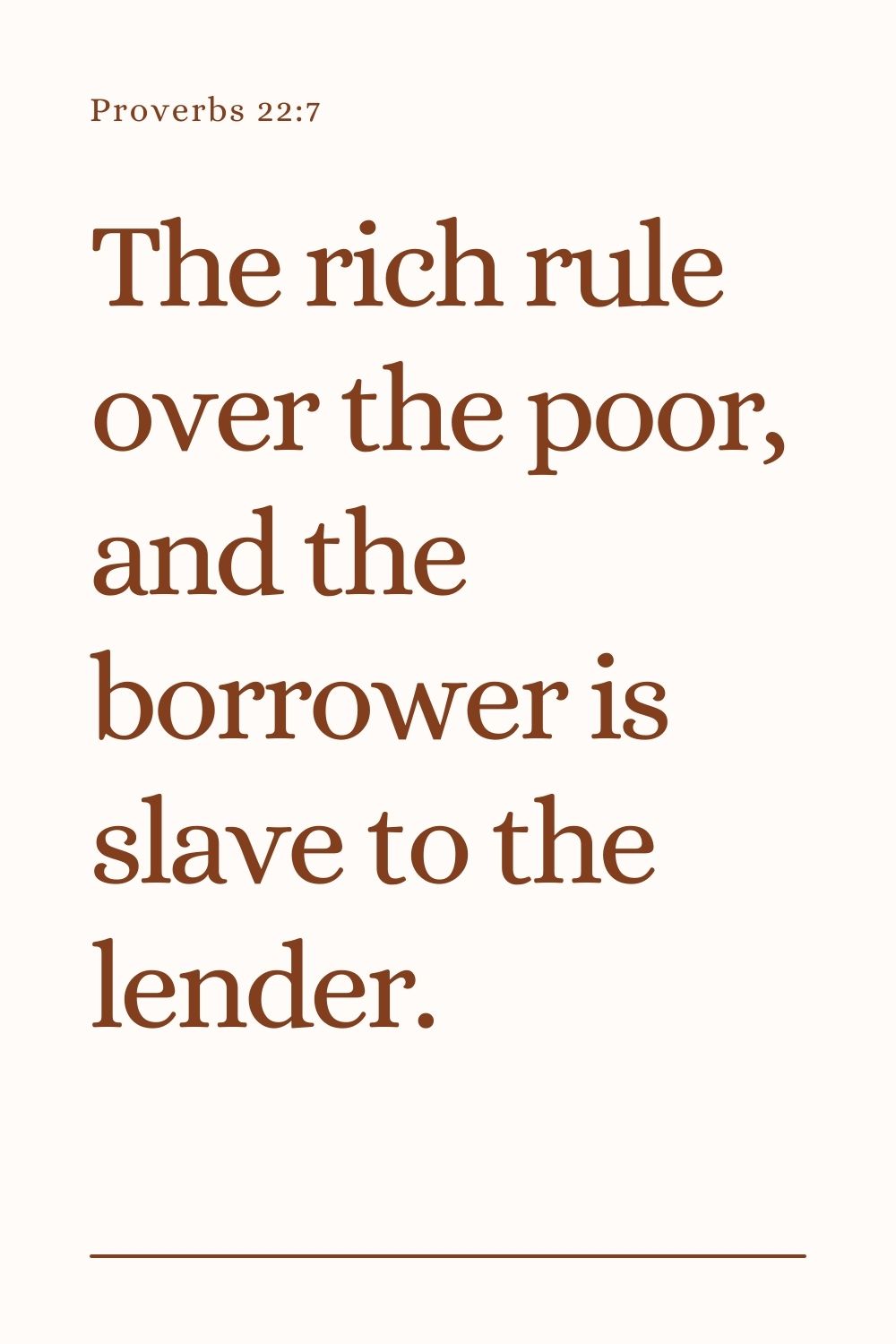
Money holds a peculiar place in human society. It is both a necessity for survival and a subject of great moral and ethical debate. Throughout history, various religious texts, including the Bible, have offered insights and guidance on the topic of wealth and finances. In the case of the Bible, it contains numerous verses that provide wisdom on how to handle money responsibly, ethically, and with the right perspective. Here, we discuss some of the top biblical quotes about money and explore the timeless wisdom they offer.
Contents
Top 7 Biblical Quotes about Money
Below we uncover a wealth of timeless wisdom encapsulated in the top biblical quotes about money, offering profound insights into the intersection of faith, finances, and ethical living.

1. Matthew 6:24
“No one can serve two masters. Either you will hate the one and love the other, or you will be devoted to the one and despise the other. You cannot serve both God and money.”
This verse from the Gospel of Matthew emphasizes the danger of placing wealth above spiritual values. It reminds believers that their ultimate allegiance should be to God, not to material possessions. By prioritizing spiritual wealth over material wealth, individuals can cultivate a deeper sense of fulfillment and purpose in life.

2. Proverbs 13:11
“Dishonest money dwindles away, but whoever gathers money little by little makes it grow.”
Proverbs, known for its practical wisdom, offers valuable advice on the importance of honest labor and prudent financial management. This verse highlights the fleeting nature of ill-gotten gains and the long-term benefits of patience, diligence, and integrity in financial matters.

3. 1 Timothy 6:10
“For the love of money is a root of all kinds of evil. Some people, eager for money, have wandered from the faith and pierced themselves with many griefs.”
Often misquoted as “money is the root of all evil,” this verse clarifies that it is the love of money, or greed, that leads to moral decay and spiritual bankruptcy. It serves as a cautionary reminder that the pursuit of wealth should never supersede one’s commitment to righteousness and compassion.

4. Proverbs 22:7
“The rich rule over the poor, and the borrower is slave to the lender.”
This proverb highlights the perils of debt and the power dynamics inherent in financial relationships. It underscores the importance of living within one’s means, avoiding excessive debt, and exercising prudence in financial decisions to maintain independence and freedom.

5. Luke 12:15
“Then he said to them, ‘Watch out! Be on your guard against all kinds of greed; life does not consist in an abundance of possessions.”
In this teaching, Jesus urges his followers to resist the allure of materialism and recognize that true fulfillment does not come from amassing wealth or possessions. Instead, it comes from cultivating meaningful relationships, serving others, and nurturing a spiritual connection.

6. Proverbs 11:28
“Those who trust in their riches will fall, but the righteous will thrive like a green leaf.”
This proverb contrasts the fleeting security of wealth with the enduring prosperity of righteousness. It encourages individuals to place their trust in God rather than in material possessions, recognizing that true abundance comes from a life lived in alignment with divine principles.

7. Ecclesiastes 5:10
“Whoever loves money never has enough; whoever loves wealth is never satisfied with their income. This too is meaningless.”
Ecclesiastes, known for its reflections on the vanity of worldly pursuits, offers a sobering assessment of the insatiable nature of greed. It reminds readers that the relentless pursuit of wealth ultimately leads to dissatisfaction and emptiness, echoing the age-old adage that money cannot buy happiness.

Conclusion
These biblical quotes offer timeless wisdom on the complex relationship between faith and finances. They serve as a moral compass, guiding believers toward a balanced and principled approach to wealth that prioritizes spiritual values, ethical conduct, and the well-being of others. By heeding these teachings, individuals can navigate the challenges of money management with wisdom, integrity, and grace.
Featured Image Credit: Deposit Photos
- States With No Income Tax: How Much Can You Save? - February 20, 2025
- How To Make Money On Grailed: Sell Fashion For Profit - February 19, 2025
- Reasons Why We Need More Women Investors - February 19, 2025




